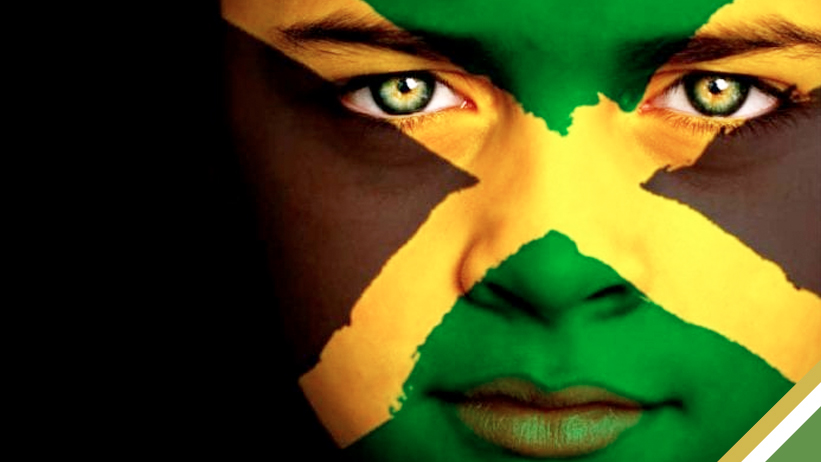The recently released 2020 census data from the U.S. Census Bureau has shed light on the significant presence of Caribbean populations in the United States, with Jamaicans being a prominent group among them. According to this data, Jamaicans constitute a substantial portion of the Caribbean diaspora in the U.S., making up approximately half of the Caribbean population residing in the country.
Out of the 2.6 million respondents who identified as either solely Caribbean or partially Caribbean, a staggering 1,047,117 individuals identified as Jamaican. This places Jamaicans at the forefront of Caribbean representation in the United States. Haitians also featured prominently in this group, with 1,032,737 individuals identifying as such. Trinidadian and, Tobagonian and West Indian populations also contributed, with 194,364 and 119,806 individuals, respectively.
Remarkably, Jamaicans and Haitians together accounted for more than 80% of the respondents who identified as solely Caribbean. This data marks a significant milestone, as it is the first time that a U.S. Census has included specific Caribbean groups, offering a comprehensive view of the nation’s diversity.
The Jamaican diaspora in the United States is notably the largest Caribbean immigrant group, estimated at over 1.5 million individuals, according to the American Community Survey. This vibrant community is spread across various cities, with significant concentrations in urban centres such as New York City, Miami, Fort Lauderdale, Atlanta, and Hartford. Jamaican immigration to the United States has occurred in waves, with the earliest immigrants arriving in the late 19th and early 20th centuries, followed by a substantial increase in immigration during the mid-20th century, which continues to the present day.
This census data underscores the invaluable contributions of Jamaican Americans to the rich tapestry of American society.













